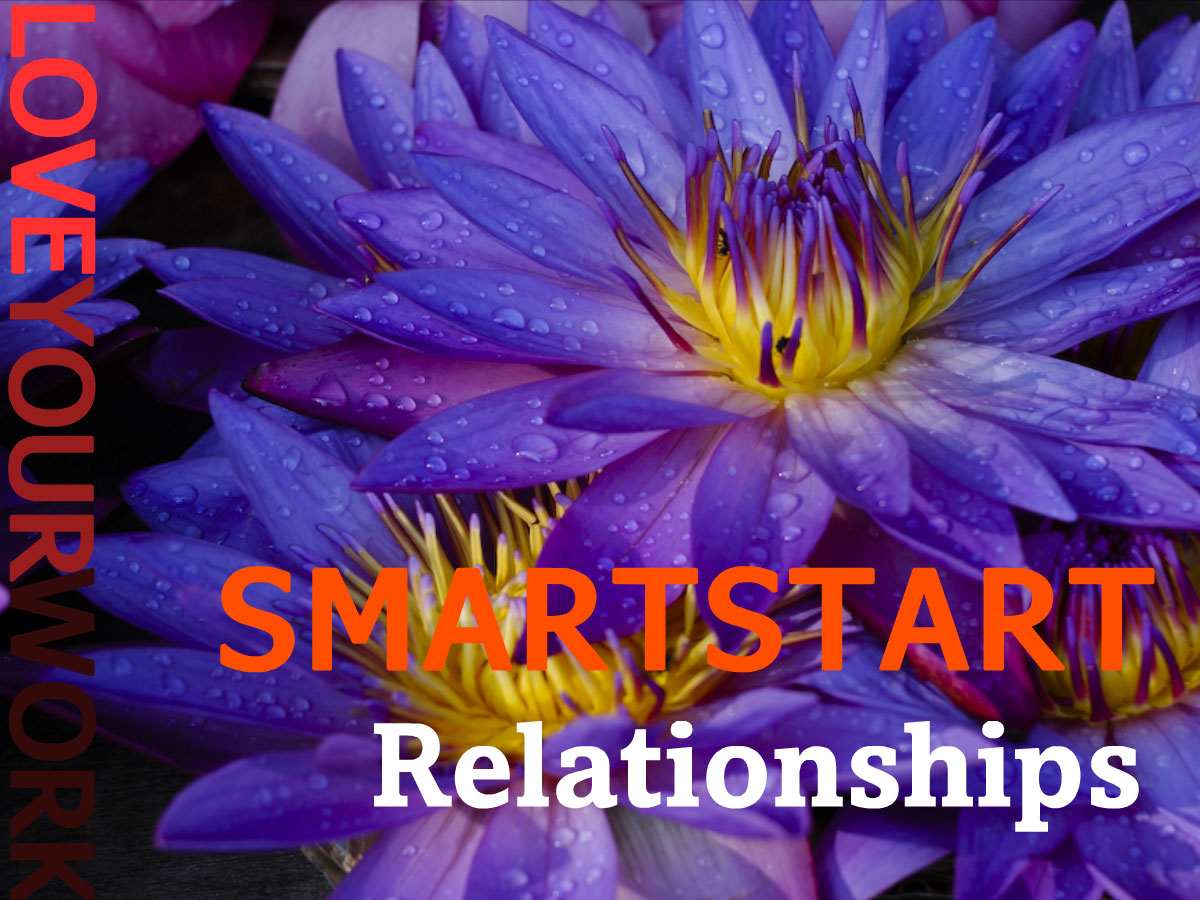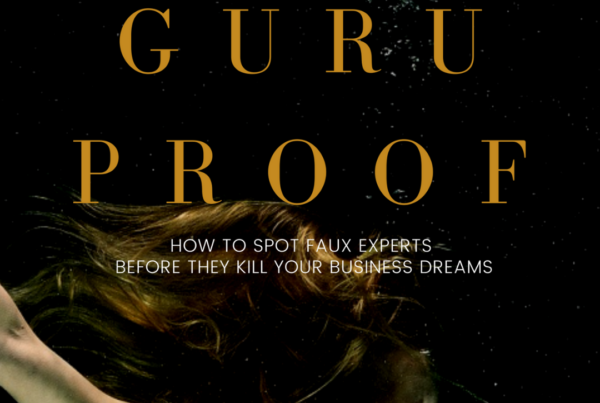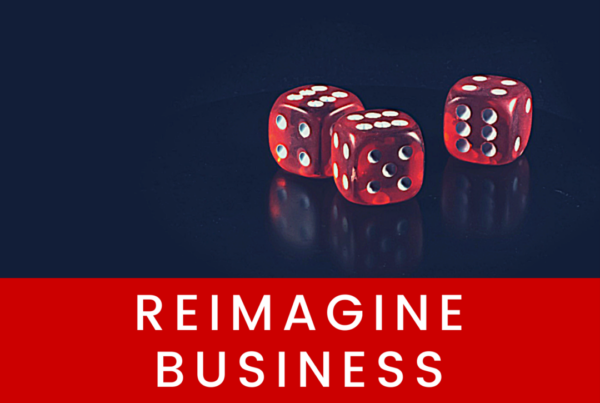
Willpower and self-discipline issues holding you back?
A high-performance business coach can help you with that!
There may come a day when you’ll want to work with a business coach. This decision brings you to the second most critical relationship you’ll enter into in the course of building your business. (The first most critical relationship is the one you have with yourself.)
Coaching is an investment in your future
Few business owners have money to burn or time to waste. Good business coaching requires a significant investment of both. Not only are good business coaches expensive and in high demand, they are not going to work with people who aren’t pulling their weight in the relationship.
Now bad business coaching can also be very expensive, even when the coaching fees are relatively low or payment plans are offered to make programs more affordable. And certainly, there are many people who have been seduced into high-priced coaching programs only to almost immediately regret the decision to sign up and then discover there are no refunds.
It’s not just that in these unfortunate scenarios you’re throwing your money away with little or nothing to show for it at the end. It’s expensive because when it doesn’t work out you’ll most likely take a huge hit to your confidence as well as your wallet. You might even decide you’ll never invest in coaching again. Which is a shame because working with a good business coach is an incredible growth opportunity.
What makes someone a high-performance coach
Notice I’ve pre-qualified the relationship by referring specifically to knowing if you’re working with a good high-performance coach or not.
Many think “high-performance coaching” means business coaching for high performers (people identified as extremely skilled, talented or gifted for whatever reason). But actually, high-performance coaching is not exclusive.
It’s about having the ability to help all types of people, from all walks of life, reach their full potential in any area of their lives or aspect of their businesses. It can be done individually, through collaboration, or some combination of the two. Regardless of the approach, the focus is on identifying and working on areas where optimal performance is key to achieving a specific, desired outcome, path or behavioural correction.
The techniques used in high-performance coaching are varied and unique to the individual. This is definitely not one-size-fits-all support. The coaching conversation usually begins with finding out a person’s starting point and assessing the emotional readiness for making change. Then, it moves on to explore the directions in which people need to move, evaluating the options available for achieving the desired results, and identifying the steps needed to support taking action.
How often have you been in a position where you think you know what you want to achieve, only to discover that issues with willpower, self-discipline and direction setting are holding you back? (Hint: You may experience that as an all too familiar problem of not being able to see the forest for the trees.)
High-performance coaching helps you explore your motivation and overcome blocks and obstacles by providing both support and challenge. It’s particularly useful for business and life planning, navigating transitions, handling or recovering from setbacks, and addressing imbalances, stress and burnout. It’s also frequently used for support when making critical changes to performance and behaviour by replacing bad habits with more effective ones and building core competencies while acquiring new skills.
A few tips based on my own experience
In the thousands of hours I’ve served clients as a high-performance business coach, I’ve noticed a thing or two I feel compelled to bring to your attention. You can keep these tips in mind when you’re interviewing potential business coaches to help you make the best decision about whom to work with.
First, a good coach does not tell you what to do. That’s not really what you’re paying for. And, if that were to be the only thing your coach did for you, you would have wasted your money. Your business won’t make any great shifts and neither will you.
The commitment I make to my clients is this:
“When you hire me to work with you, you receive business ideas you don’t already have and likely wouldn’t come up with on your own. I’ll share perspectives you cannot see and help you create opportunities to produce results you otherwise would not produce.”
But I’m not going to tell you what to do.
Instead, I’m going to ask you the hard questions that take you to your own truth. The truth about who you are, what you’re capable of, and what you really want. (Chances are your truth is going to be very different from mine anyway and I want to keep our relationship honest.)
Then I’m going to do my best to keep you from getting in your own way while (lovingly) insisting you face your reality and either defend or redefine the critical decisions that will make or break your business.
Rambling aimlessly won’t be tolerated. You’ll learn how to ruthlessly hone your thinking. When I’m done with you, you’ll be able to describe what your product does and who buys it in one sentence. In a second sentence you’ll be able to state exactly why someone buys your product. And you’ll have hard evidence to prove it.
Expect it to take more than one coaching session to work this out. It’s hard, hard work. However, if you don’t have solid answers to these questions, nothing you do will move your business forward. Nothing. Your marketing will just be one great big disconnect.
That’s what’s holding most entrepreneurs back right now. Not a tough economy. Not lack of capital. Not lack of time. Simply, not knowing.
Most entrepreneurs are reactive which keeps them bogged down by details; the successful ones are proactive and are always looking at the big picture.
Start by drafting your big picture now. If you need 1:1 support, get it. Find a good high-performance coach to help you. (It doesn’t have to be me.) I promise you it will be some of the best money you’ve ever spent.



